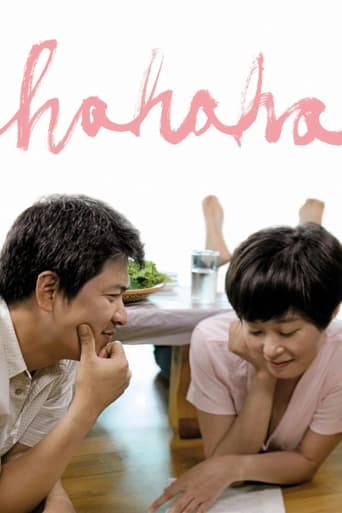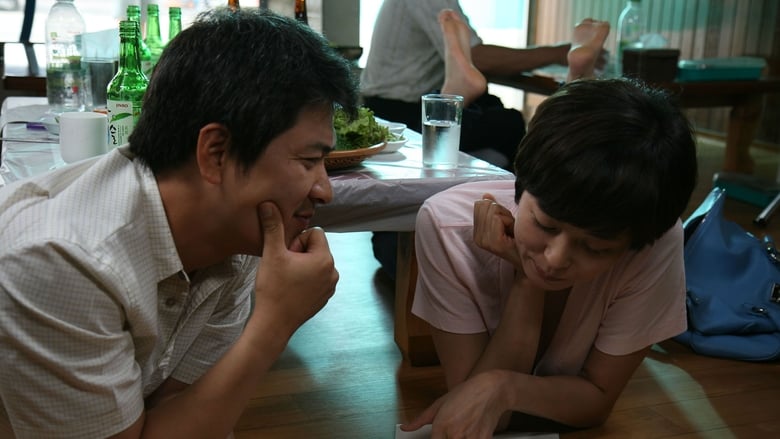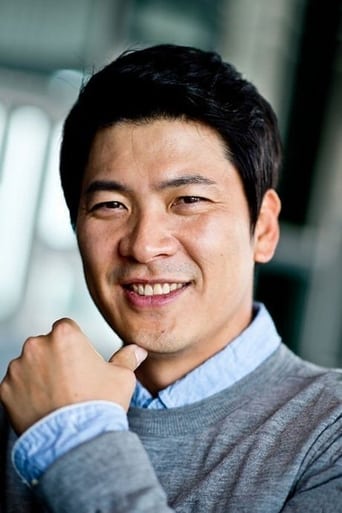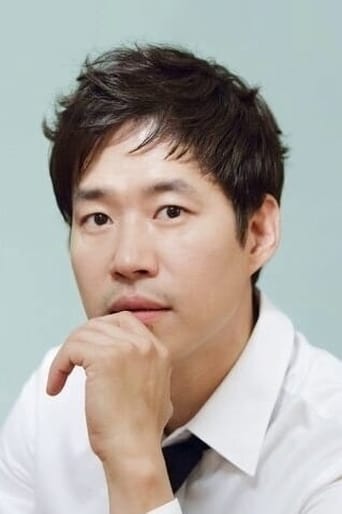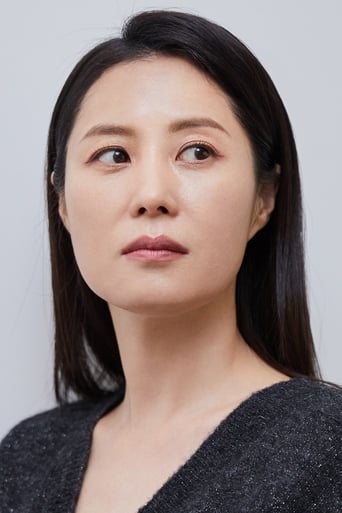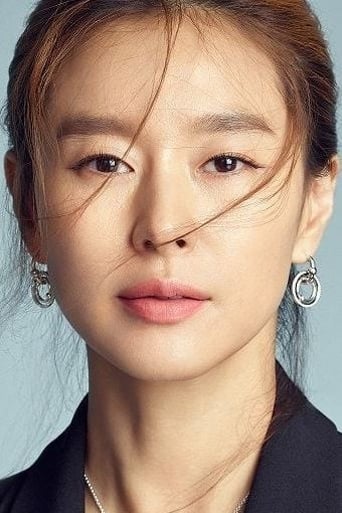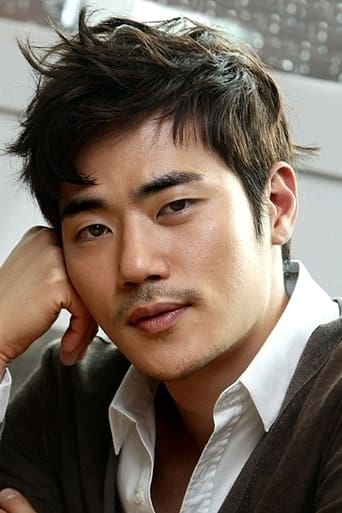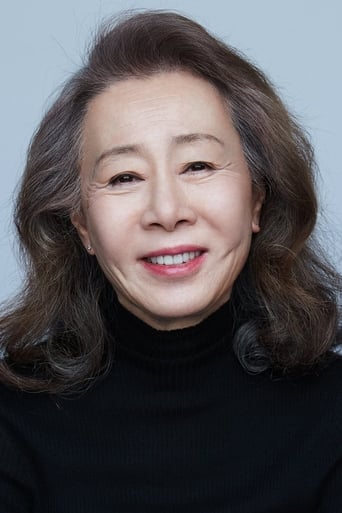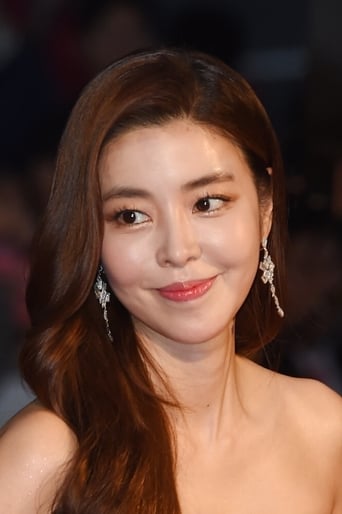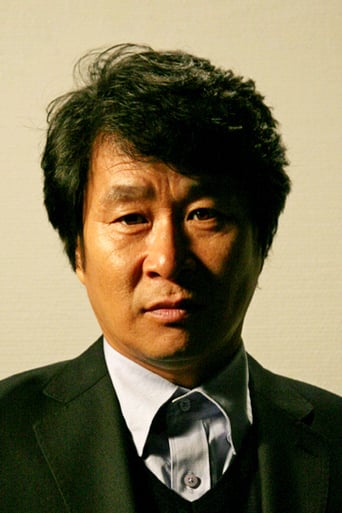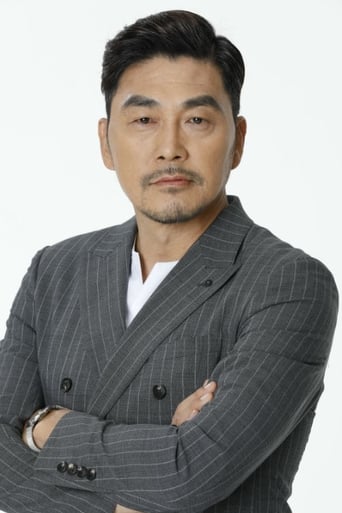Over drinks, two friends agree to swap fond memories of their recent trips to the same seaside town. As the stories unfold in flashback, it becomes evident their accounts take place at the same time and with the same people.


Similar titles
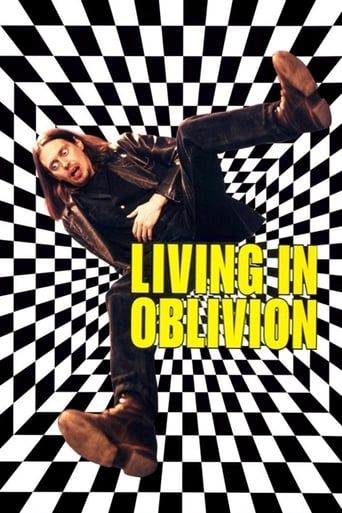
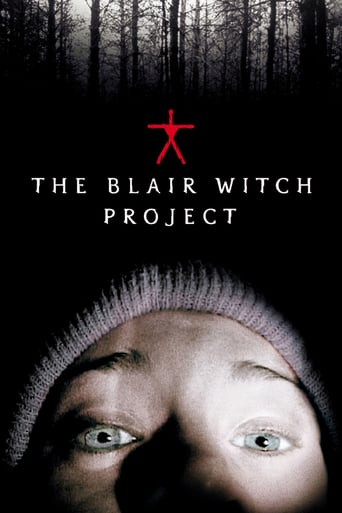
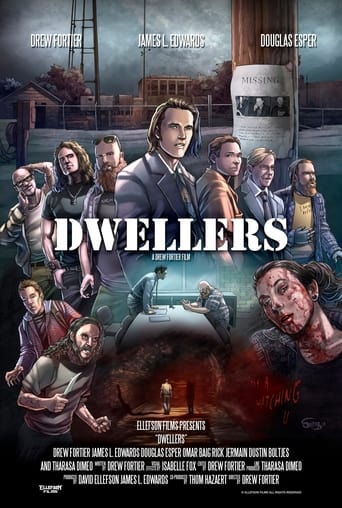
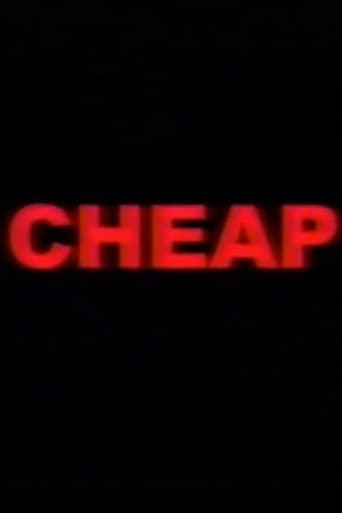
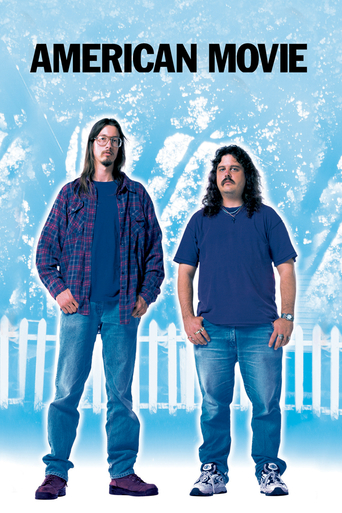
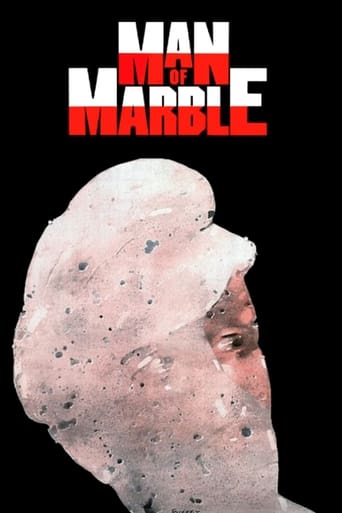
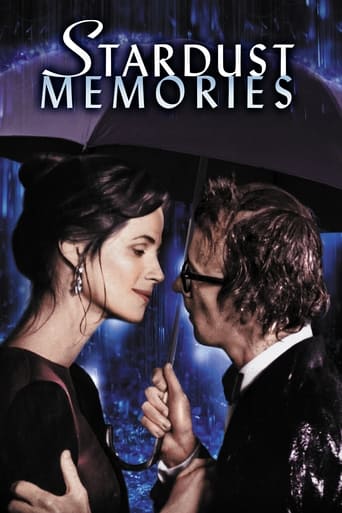
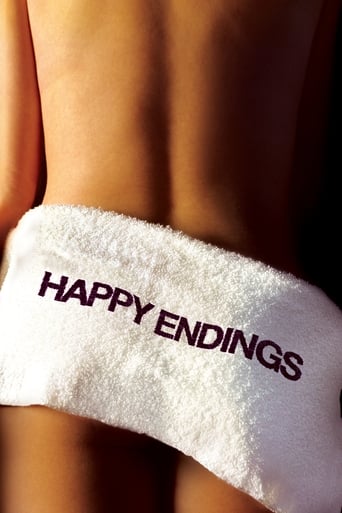
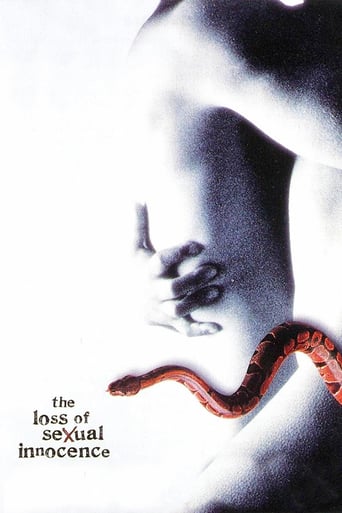
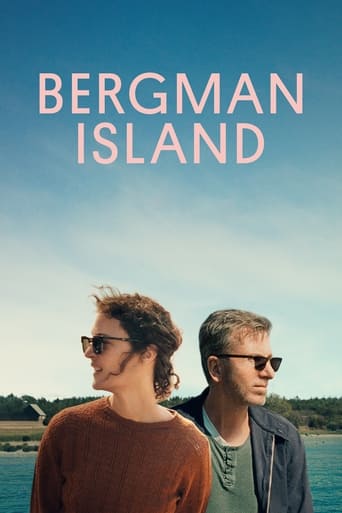
Reviews
I am a hopeless Woody Allen fan. This movie is a must-see for them. Simple story in anyone's life but convoluted confused mind shows funny but somber.The actors are not funny but they end up making mistakes being trapped by own stupidity. Anybody's story but well developed in sophistication.This drama comedy shows the high level of story telling and character development. The actors/actress are not familiar faces in other Korean movies but they are better than most Asian actors. Highly recommended.
Hahaha is very similar to the only other film of the director's I've seen, The Day He Arrives. The editing is sparse, the takes long but full of life and the performances spectacular. The acting is so fluent and natural that all the relationships in the film seem real and for a film based purely on human emotion and relationship - another similarity with Arrives - that's very hard to achieve. For the filmmakers in South Korea, however, this comes ever so naturally to them. Sang-soo Hong and Ki-duk Kim are both exquisite at this and, while this is only the second film of Hong's I've seen, I think it's safe for me to put them both on the same pedestal - bear in mind I've seen 11 of Kim's films. Like Arrives there is narration but this time it's more frequent, and in similarly unique fashion, there are two narrators. One would think that having two narrators wouldn't work, but their narration is merely a conversation between the two that is spliced in at the end of pivotal scenes and spoken over a still photograph of the two characters speaking. The two friends tell each other their stories and what makes it special is that various characters intertwine without either friend realizing. Again, like Arrives, there is repetition of places and faces - the characters intertwining with each other is another example of the repetition - this undoubtedly helps the viewer to get used to the visuals which are plain but, as I mentioned before, full of life. The characters' emotions are laid out flat on the table and we see each and every one of them go through just about each and every emotion which is a feat in itself and just showcases the excellent acting on display. The dialogue, like the acting, flows brilliantly and the cinematography, again like Arrives, is perfect - never static, never frantic and full of Hong's trademark zoom technique. At first I was irritated by this technique but after seeing it used in both of his films I'm used to it - it helps the viewer focus on what we should be focusing on in the scenes where it is used. The structure is very unlinear and I'm a huge fan of films that use such a structure, and Hahaha uses it to it's advantage. The title is very interesting too, the characters laugh and cry but overall they are generally happy, laughing and joking with each other but in all honesty the film could've easily been called the crying equivalent. Hahaha is another great film from Sang-soo Hong and I can only expect his films to get better.http://destroyallcinema.wordpress.com/
As Hahaha was the first Sang-soo Hong movie I saw, I found it unusual, and certainly different from the Korean movies and directors I am already acquainted with. Far from the raw beauty of Hwal and the dark mysteries of Janghwa, Hongryeon, Hahaha's main virtue seems to be the equilibrium found in the different sides of the same story, almost like a documentary made of fiction. In this sense, Hahaha is not a deep film in itself, even though it is quite intellectual in its approach and structure. The final result is a lighthearted, refreshing and very entertaining movie, with a nice camera work and interesting settings.The narrative is a bit tricky now and then, and probably it is a good idea to see this film at least twice to untie some secondary knots, even though the story gets clear enough from the first viewing.All in all, a nice movie that certainly deserves to be watched.
Rashômon was about the multiple framings of the story.Chungking Express is about how two different stories, or glimpses of stories can share the same emotional and physical space.Both were incredibly important films that changed cinema and, necessarily, how we dream and follow a story.This film is somewhere in between those two, and it extends its hybrid condition as a story framer to the territory of Woody Allen's dialogs. Allen, himself a master of narrative frames, has his how different set of quirks and obsessions, superficially expressed in his incredible dialogs. That is borrowed by this screenwriter, also the director.The outer frame is us watching a number of photographs documenting two friends meeting in a mountain, something we never actually see, and so emphasizes the artificial nature of the device: we're seeing someone telling the story of 2 people meeting. In that meeting, those two take turns to tell the other bits of stories that happened to them in previous months. So, we are watching the meeting of 2 friends, who remember several events. 3 frames. Within each story that we are told there are some other minor frames. One character is a filmmaker, the other one a poet. In one of the episodes, there is a performance framed, and for a few moments we are not allowed to see it's a performance. This is a very tight structure, very competent writing. But the real fun of this is the interior of this framed world.All the episodes take place in the same small village. Places are very important. So there are places we get to see repeated over and over again, with different bits of story taking place: the restaurant attended by the 3 men and 2 of the women. The hotel, where every assumed sex happens. The new unfurnished apartment. The coffee with a view over the harbor, and the harbor itself. Everyone of these spaces receives a part of the story, different moments, different characters, different pieces of the puzzle. There is a sense of interlaced lives, which we see by glimpses, by small bits, told from 2 points of view, of 2 people who are protagonists of their own stories. We understand that they pass at each other, those stories are one and the same but in the end they hardly touch each other.Food is an important element. Food is central to every cultural idiosyncrasy in the world, Korea is not the exception and it is really sensitive how korean specificities in the relation with food are brought to the center of this mosaic. Count the scenes that develop around meals.The last important element is the orange hat, given by the film director to his mother, who than gives it to another male character whom she's fond of, and who has a relationship with one of the women who later ends up involved with the film director. That woman ultimately understands the indirect relation between the two men while the director tries to take her to his mom's restaurant, where she had already been with the other man. That's this kind of circular relations, crossed lives that we encounter throughout this film. The hat has the same importance here as the teddy bear had in Chungking Express.What put me out of this film was oddly something that usually never fails in korean movies: the pure qualities of the images and various aspects of the mise-en-scène. This has the cheap look of a video low-budget production, there are several aspects of light and shape that would certainly have benefited the sensitive relation the writer establishes with the spaces. Chris Doyle understands this, we don't have that here. And the framing of every scene does not remotely match the clever multiple framings in the story. That's really bad, this film might have a power that we only sense, as it is.My opinion: 4/5http://www.7eyes.wordpress.com
